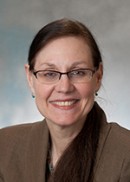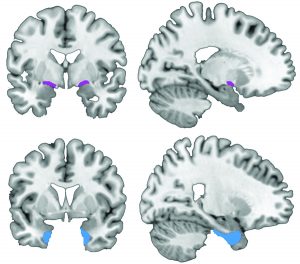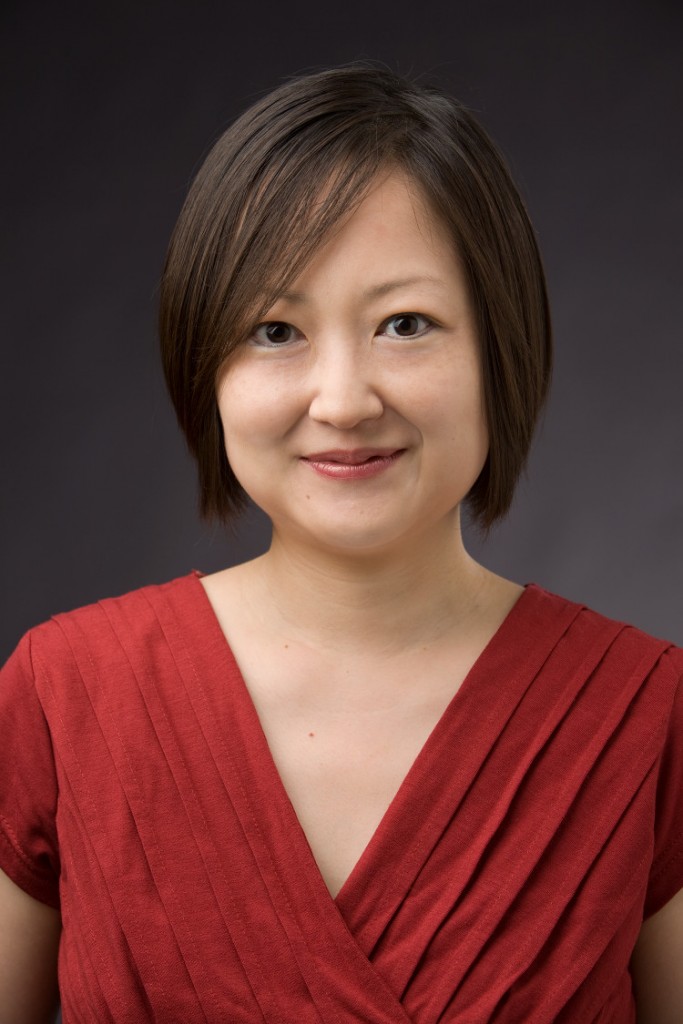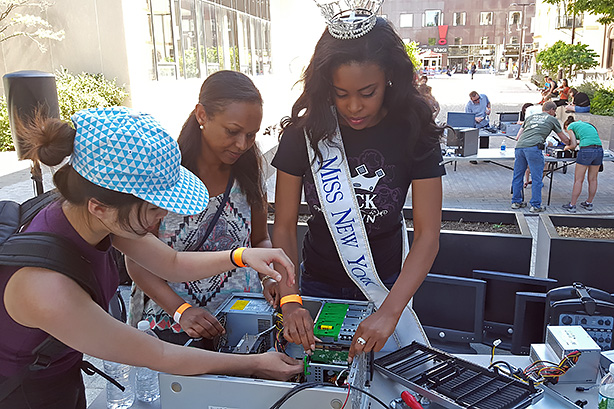A large and growing body of research shows that poor kids grow up to have a host of physical problems as adults.
Now add psychological deficits to the list, Cornell researchers say.
Childhood poverty can cause significant psychological deficits in adulthood, according to a sweeping new study. The research, conducted by tracking participants over a 15-year period, is the first to show this damage occurs over time and in a broad range of ways.
Impoverished children in the study had more psychological distress as adults, including more antisocial conduct like aggression and bullying and more helplessness behavior, than kids from middle-income backgrounds. Poor kids also had more chronic physiological stress and more deficits in short-term spatial memory.
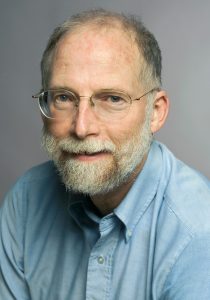
Gary Evans, Elizabeth Lee Vincent Professor of Human Development
“What this means is, if you’re born poor, you’re on a trajectory to have more of these kinds of psychological problems,” said Gary Evans, the author of the study and the Elizabeth Lee Vincent Professor of Human Ecology, and professor in the departments of design and environmental analysis, and human development.
Why? In a word, stress.
“With poverty, you’re exposed to lots of stress. Everybody has stress, but low-income families, low-income children, have a lot more of it,” Evans said. “And the parents are also under a lot of stress. So for kids, there is a cumulative risk exposure.”
Evans, a child psychologist who specializes in the effects of stress on children, is the author of “Childhood poverty and adult psychological well-being,” published Dec. 12 in the Proceedings of the National Academic of Sciences (PNAS).
The findings are important because kids who grow up in poverty are likely to stay impoverished as adults, Evans said. For example, there’s a 40 percent chance that a son’s income will be the same as his father’s income. That’s because the United States has the least social mobility of any wealthy Western democracy, he said.
“People walk around with this idea in their head that if you work hard, play by the rules, you can get ahead,” Evans said. “And that’s just a myth. It’s just not true.”
In his study, Evans tested 341 participants, all white, at ages 9, 13, 17 and 24.
Short-term spatial memory was tested by asking adult study participants to repeat increasingly complex sequences of lights and sounds by pressing four colored pads in the correct order – similar to the “Simon” game. The adults who grew up in poverty had a diminished ability to recall the sequences, compared to those who did not.
“This is an important result because the ability to retain information in short-term memory is fundamental to a host of basic cognitive skills, including language and achievement,” Evans wrote.
Although the participants were assessed on this measure only when they were adults, this test had the strongest association with childhood poverty of the four measures.
Helplessnesswas assessed by asking the participants to solve an impossible puzzle. Adults who grew up in poverty gave up 8 percent quicker than those who weren’t poor as kids. Previous research has shown chronic exposure to uncontrollable stressors – such as family turmoil and substandard housing – tends to induce helplessness.
Mental healthwas measured with a well-validated, standardized index of mental health with statements including “I argue a lot” and “I am too impatient.” Adults who grew up in poverty were more likely to agree with those questions than adults from a middle-income background.
Chronic physiological stress was tested by measuring the participants’ blood pressure, stress hormones and body mass index. Adults who grew up in poverty had a higher level of chronic physical stress throughout childhood and into adulthood.
The study has two implications, Evans said. First, early intervention to prevent these problems is more efficient and more likely to work.
“If you don’t intervene early, it’s going to be really difficult and is going to cost a lot to intervene later,” he said.
Second, increasing poor families’ incomes is the most efficient way to reduce a child’s exposure to poverty and, in turn, their risk of developing psychological problems. Evans supports the creation of a safety net, similar to Social Security’s supplemental income for the elderly and disabled. If a family is poor and has children, the federal government should provide them with supplementary income sufficient to participate in society, he said.
“It’s not true you can’t do anything about poverty. It’s just whether there’s the political will, and are people willing to reframe the problem, instead of blaming the person who is poor and – even more preposterous – blaming their children,” he said.
“This is a societal issue, and if we decide to reallocate resources like we did with the elderly and Social Security, we could change the kind of data this study is showing,” he said.
“Could we get rid of poverty? Probably not,” Evans said. “But I think we could change it dramatically.”
The research was supported by the W.T. Grant Foundation, the John D. and Catherine T. MacArthur Foundation and the National Institute for Minority Health and Health Disparities.













